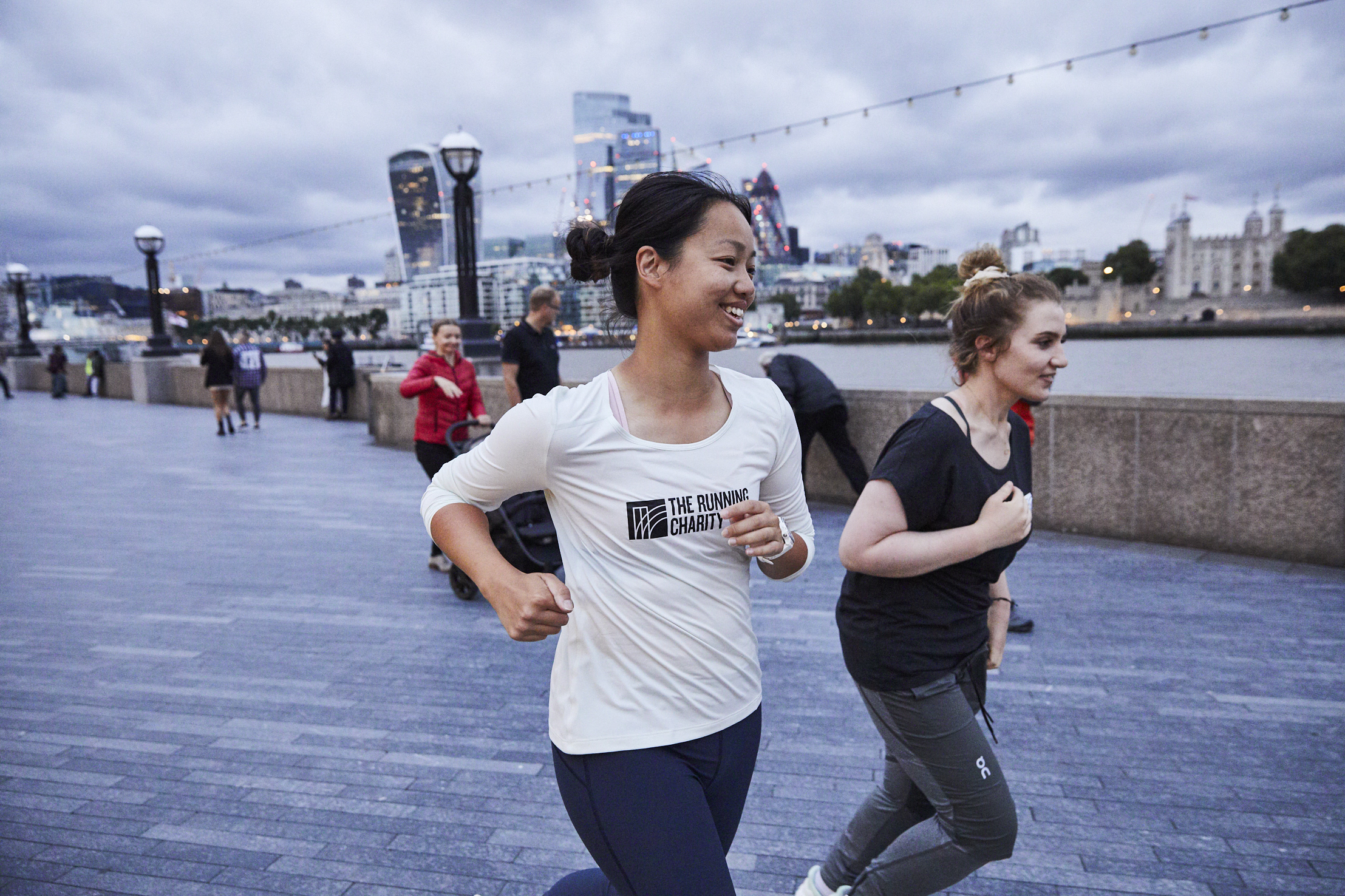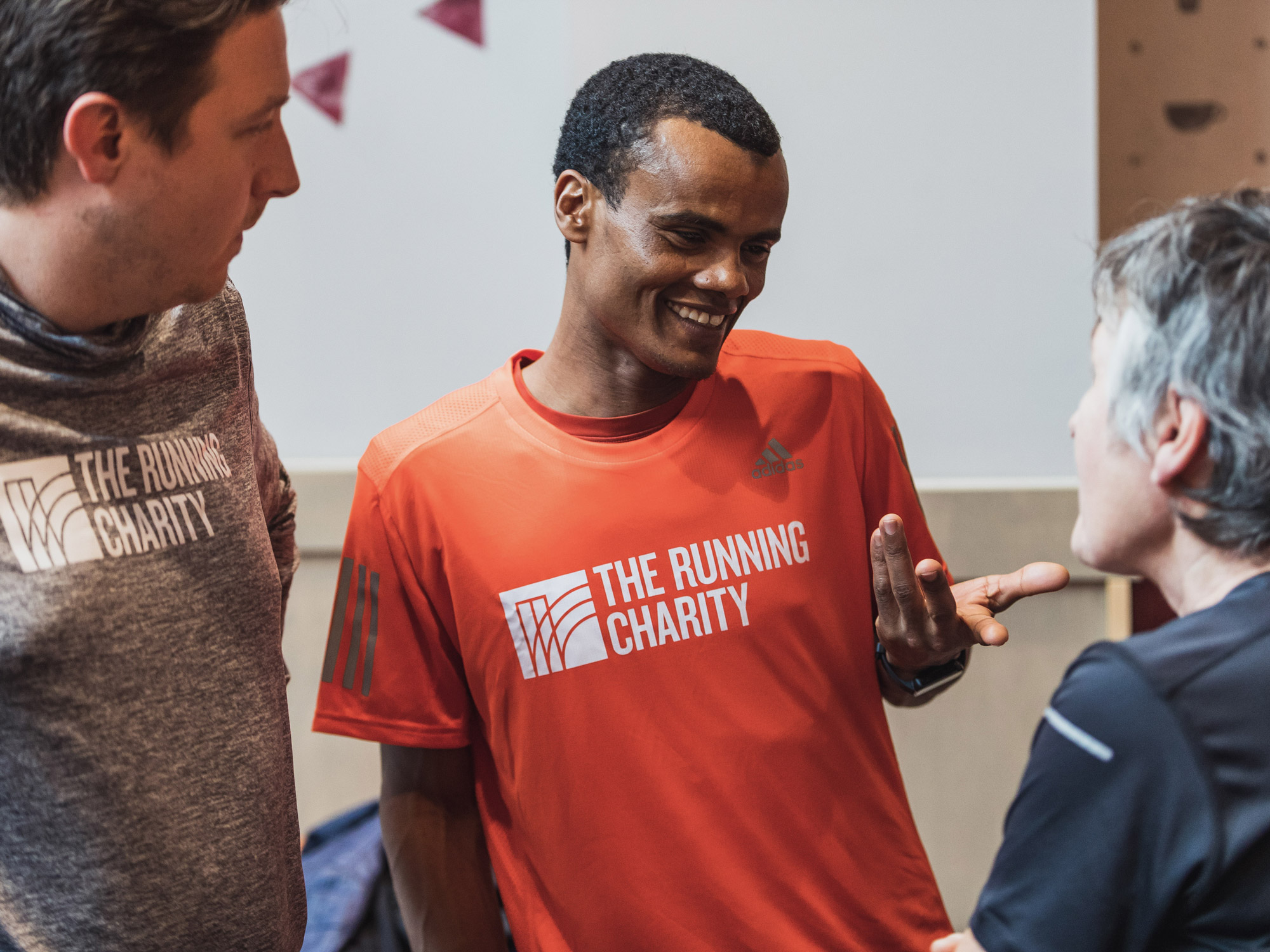Culture, Events, Women
Thick as mud – is legacy sexism ruining running?

With so much happening in our world, from the devastating bush fires in Australia to the spread of Corona Virus, is inequality in running even important?
When we watch major championships around the world it’s hard to believe that in some sports inequality still exists between men and women.
But ‘legacy sexism’ still exists in the 21st century. At one of the most iconic cross-country races held every year, the South of England Cross Country Championships, run around Parliament Hill in London, remains proud of its historical inequality. The organising body? The South of England Athletics Association. The distances? Men run 15K, women 8K, almost half of the men’s distance. Does that make women half as important in the eyes of the organisers? You’re assuming we pay at least half of the entry cost, surely? I’m afraid not.
This year I boycotted the women’s race at this event and only ran in the men’s race. Trying to prove a point by switching to the longer men’s race didn’t feel empowering. Last year I was really pleased with my overall placing in my age group, so I wanted to come back and do better. Instead I watched and cheered my friends as the women I would usually run against took off to fight their way through the worst mud we’ve had for years on Parliament Hill.
This race is a muddy, cold, bleak and intense version of London Marathon, which pulls on the same heartstrings. Pitting yourself against the hill and the mud is a massive physical and mental challenge, at a time of year you’d rather not be standing exposed for hours in a windchill that sometimes hits zero. But for many of us this race is a highlight of our year. So it does have a historical place in runner’s hearts, but that doesn’t mean you want to run almost half of what the men are running. That doesn’t warm your heart.
You are being ripped off!
Senior women pay 87p per kilometre at the Southerns
Senior men pay 46p per kilometre at the Southerns
As I was preparing to head down to the men’s race the announcer proudly stated how, despite calls for equality in the distances at the championships, over 1,000 men would be running the 15K. There was pride in the voice as this is a traditional annual event and taking on the 15K is a massive task, one for men to be truly proud of. While women settle for their 8K.
Running the men’s race was tough, I wasn’t in good shape but I bloody loved it. Last year when I ran in the men’s race I got shouted at by the marshals to get off the course, and crossing the finish was scary as the referee swooped on me and told me I could have fallen and got in the way of the men. This year was so different, with men shouting out their support as they passed me, with marshals doing the same, making it so much more positive. On the second lap my friend and club mate Lucy joined me after running the women’s race (she ran further than the men by the time she crossed the finish with me #justsaying), and I think I probably wouldn’t have finished without her beside me, I felt rough.
I had quite quickly caught up with the slower women in the women’s race, running their last lap. Over 1,000 men charged past these women who were still racing. I’ve no idea how that must have felt, but I shouted out well done to them as I passed. Slower female runners have no choice but to share their race with faster male runners catching them up. The referee took Lucy and I aside and explained that he had been advised to disqualify the men’s teams of the club that any woman running in the men’s race was from. 1,000 men can run in the women’s race, one woman cannot run in the men’s race, and if she does, the men from her club must be disqualified. He didn’t agree with the advice he had been given and our men’s team wasn’t disqualified.
We all know that by 1984 women were finally ‘allowed’ to run the same distance as men at the Olympics, when the women’s marathon was finally introduced. This was nearly 100 years after 18 men had lined up at the start of the first modern Olympic marathon on 10 April 1896 in Athens. How many more years are we going to have to wait until someone, somewhere, catches up with the game in cross-country and realises that unequal distances are also 100 years out of date? Women run the same distances as men on the track and road, we want to run the same in cross-country. We don’t need a lesser distance than men.
Would I go back and run the men’s race again next winter, if change hasn’t happened? If something is wrong, it should be changed. I love running in mud and bog and uphill, so being there again doing the men’s race would only be a pleasure. Running again another year on, with no change, with the same toxic messages going out to young female athletes, that thought is depressing.
Tina Chantrey, @shewhodaresruns and fitness editor of Women’s Running magazine recently protested in London about inequality in race distances in cross-country running





